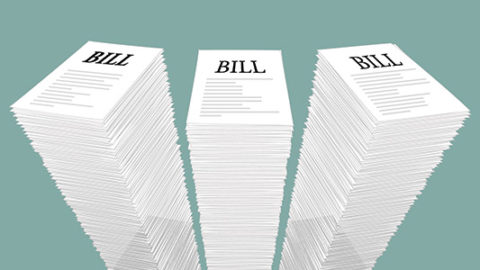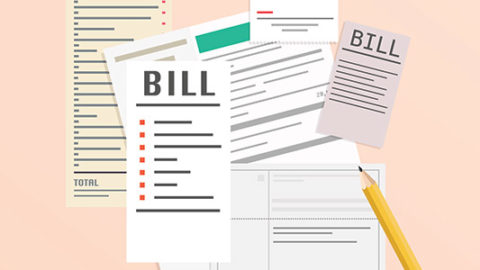The Real Cost of Health Care
The Real Cost of Health Care blog series explores the outsized role of hospital pricing in rising health care costs, and the market and legislative fixes necessary to reduce unsustainable cost increases for American businesses and families.
Hospital Posturing on Finances Obscures Grave Crisis of Health Care Affordability
It’s true many smaller hospitals serving rural and disadvantaged populations are suffering post-pandemic financial hardship, and targeted policy solutions are essential to ensure their sustainability. But for the country’s larger health systems, the situation is hardly as bleak as advertised.

Employees Ready for Action to Address High Health Care Costs
For years, employees have faced increasing premiums and cost-sharing. But how well do they understand the sources of those increases, and how ready are they for employers or policymakers to take action?

High Health Costs Hurting Employers’ Ability to Hire and Keep Workers
A new survey of U.S. employers underscores the widening damage done by rising health care costs. Nearly 75% of those surveyed say health care expenses are squeezing out salary and wage increases.

No Surprises Act Facing Continued Pressure from Providers
In the courtroom and in the field, provider interests are continuing their full-court press to undermine elements of the No Surprises Act, federal legislation enacted to shield patients, payers and purchasers from exorbitant and unexpected out-of-network medical bills.

5 Policies to Create a Fair Health Care Market
This week, actuaries with the Centers for Medicare and Medicaid projected health care spending will grow to reach almost $6.8 trillion by the year 2030 and consume nearly 20% of the country’s gross domestic product, or one in every five dollars spent.

What the Texas Ruling on the No Surprises Act Means for Employers
Last week, a federal district judge in Houston was the first to rule on one of the cases and sided with plaintiffs – the Texas Medical Association– effectively upending a vital portion of the rule implementing the decision.

Price Transparency Offers Opportunity to Employers and Purchasers
A landmark federal rule requires the nation’s 6,000 hospitals to make pricing data available publicly. This requirement includes plan-specific negotiated prices, not just the “chargemaster” prices, for every item or service.

COVID-19 Offers a Chance to Course Correct the Health Care Industry
The COVID-19 global pandemic and resulting economic slowdown had profound impacts on many sectors, including tourism, aviation, oil, finance and health care.

U.S. Employers Sacrificing Competitiveness in the Global Economy
With 60% of Americans getting their health care coverage through their jobs, large and small employers alike are justifiably concerned about rising costs of care.

Vertical Integration Isn’t Great for Health Care Consumers or Purchasers
In 2017, pharmacy giant CVS announced it was purchasing insurer Aetna for $69 billion in the largest-ever health care merger.
